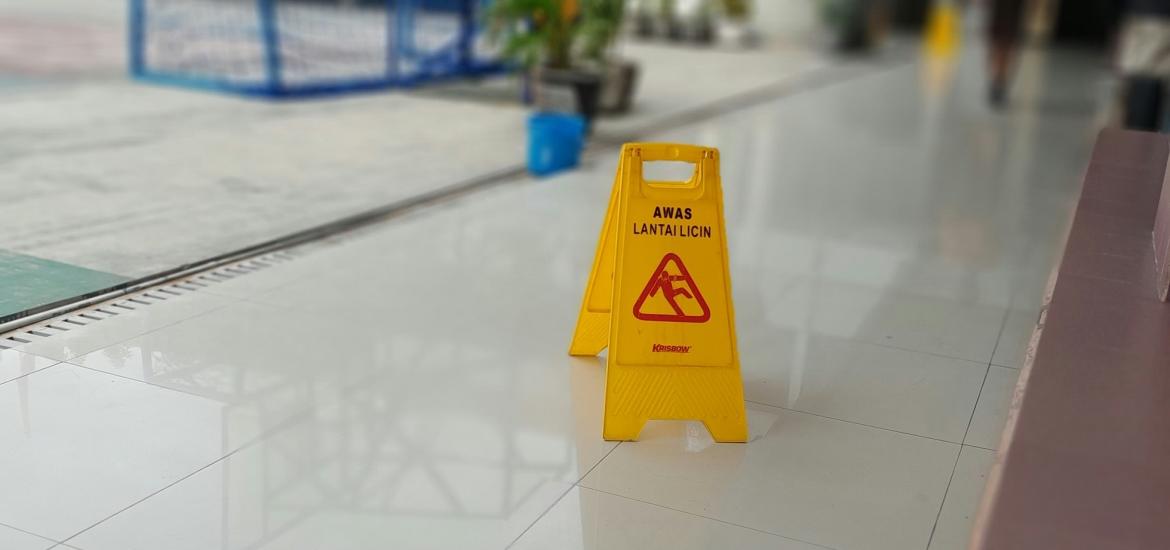
Lilly urges degrader caution
Meanwhile, the company plays down the risk of Jaypirca’s CLL approval being rescinded.
Meanwhile, the company plays down the risk of Jaypirca’s CLL approval being rescinded.

The FDA rescinding the accelerated approval of Lilly’s non-covalent BTK inhibitor Jaypirca in relapsed chronic lymphocytic leukaemia is “theoretically possible” but unlikely, according to Jake Van Naarden, president of the group’s oncology division.
Van Naarden also told ApexOnco that, although Lilly is also testing Jaypirca in first-line CLL, the company expects the main market for the drug to be in second-line disease, following a covalent BTK inhibitor like Imbruvica or Brukinsa. And he urged caution about the use of BTK degraders, like those from Nurix and BeiGene, particularly in early-stage disease.
CLL patients have a relatively long life expectancy, making the sequencing of therapies particularly important. Watchful waiting can be the first strategy, often followed if necessary by a covalent BTK inhibitor.
“We think Jaypirca is best placed as the next thing the physician uses,” Van Naarden said. “You’ve already committed to BTK as a mechanism, and Jaypirca has a different binding mode. Exhaust the BTK pathway, so to speak, before moving onto something else.”
Degrader doubts
Jaypirca’s position, however, could be under threat from BTK degraders, which by eliminating the protein entirely could overcome common BTK mutations. The frontrunners here are Nurix and BeiGene, with the latter recently taking its contender, BGB-16673, into pivotal trials.
However, according to Van Naarden there are concerns about the sequencing of BTK degraders, saying that some doctors are “scared” about prescribing them early in the disease course. “There are reasons to believe the mechanisms of resistance to [degraders] are completely different. There’s a real risk that you take away other options if you use [degraders] sooner.”
These worries haven’t stopped BeiGene planning a phase 3 head-to-head trial against Jaypirca in second-line CLL.
But there are also doubts about the status of Jaypirca’s current accelerated approval in CLL following a BTK inhibitor and BCL2 blocker like Venclexta. The confirmatory Bruin CLL-321, in an earlier post-BTK setting, met its primary endpoint of progression-free survival, but failed to show an overall survival benefit with Jaypirca versus investigator's choice of Zydelig plus Rituxan or Rituxan plus bendamustine.
In Lilly’s favour, the study was confounded by a high level of crossover, and Van Naarden played down the risk of the FDA rescinding approval. “I don’t think that’s particularly likely,” he told ApexOnco, pointing to a recent EU CHMP recommendation for post-BTK CLL, based on Bruin CLL-321.
First-line trials
If he’s right, second-line CLL will likely remain the most important market for Jaypirca, but Lilly is still carrying out several earlier-line trials, with two due to complete this year: the first-line Bruin CLL-313 and Bruin CLL-314 in BTK-naive patients. In the latter the Lilly drug is being tested head to head against Imbruvica.
Lilly aims to get Jaypirca approved in first-line CLL to allow doctors and patients earlier access to the drug, if desired. But, according to Van Naarden, “the goal isn’t to take out the BTK inhibitors. That was never the strategy for Jaypirca, and I think the odds of that actually happening in clinical practice are not that high.”
1629













